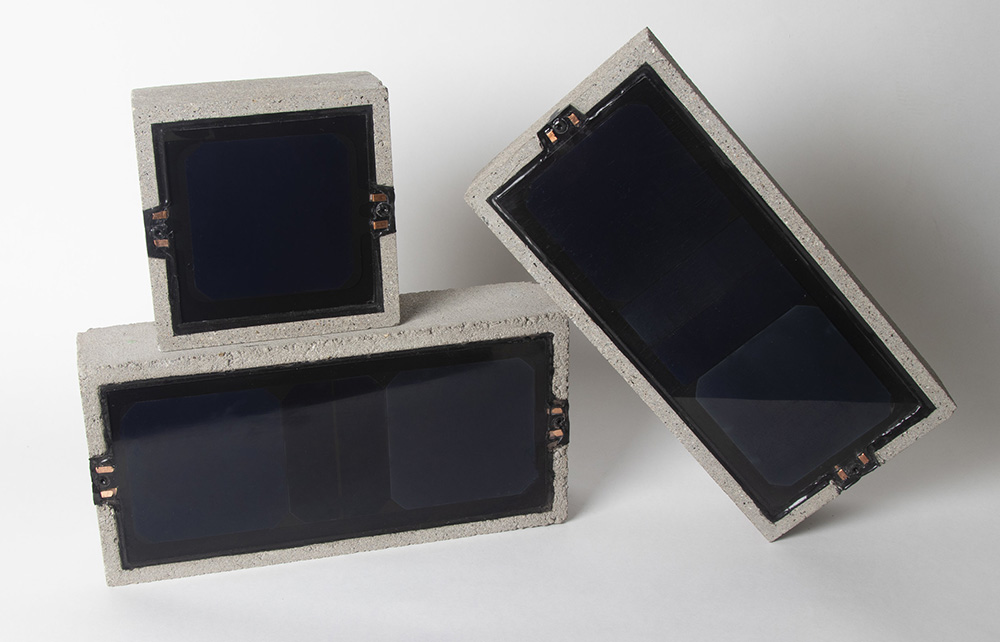News: Green Buildings
Posted: January 26, 2012
Vermont's first-in-nation solar registration offers model for expansion
Eleven days from solar application to install. Seems like a dream for solar installers? Well, it's not.
At the end of last year, Vermont implemented a first-in-the-nation registration process for small solar systems. The program is providing a national model for reducing costly or time-consuming local solar permitting.
With the newly implemented law, small solar systems now have a simple pre-determined process that reduces paperwork and uncertainty and means they can be installed after just 10 days. The new process replaces all permitting for ground or roof-mounted solar systems 5kW and smaller with a single basic registration form outlining the system components, configuration, and compliance with interconnection requirements.
The local utility has 10 days to raise any interconnection issues, otherwise a permit is granted and the project may be installed.
A recent study earlier this year by SunRun, a leading national provider of residential solar systems, found that permitting adds an average cost of $2,500 to each solar installation and that streamlining the often-cumbersome processes would provide a $1 billion no-cost stimulus to the solar industry over the next five years.
The report finds that the additional installation cost— $.50 per watt— is due to wide permitting variations not connected to safety, excessive fees, and an unnecessarily slow process. The report cites that Germany has a 40% advantage over the U.S. in installation price.
Vermont's new registration process, which is free, went into effect at the end of November.
While Vermont already had an efficient, statewide permitting process, unlike most states, the solar industry both in and out of state is taking notice.
"It should be a national priority to cut unnecessary red tape and costly permitting for small renewables. Cutting out unnecessary costs will help us both meet our urgent energy needs and make domestic solar more competitive," said David Blittersdorf, president and CEO of AllEarth Renewables, the Vermont manufacturer of the AllSun Tracker.
"Solar registration is an innovative way to address the high costs and long timeframes that are often associated with installing small-scale renewable energy systems," said Mark Sinclair, executive director of the national Clean Energy States Alliance.
Many in the industry believe cutting out unnecessary "soft costs" of solar installation is the key to future cost-competitiveness.
The U.S. Department of Energy recently launched the "SunShot Initiative," which aims to decrease the total costs of solar energy systems by 75% before the end of the decade.
The DOE believes reaching this goal will make solar energy cost-competitive with conventional forms of electricity without incentives, enabling widespread solar deployment across the U.S. With residential PV still the majority of deployed solar in the U.S., cutting installation costs will be critical to meeting SunShot goal's.
Andrew Savage serves on the management team of AllEarth Renewables, Williston, VT.
Tags:
Green Buildings
MORE FROM Green Buildings
Bridgeport implements energy efficiency plan with utility partners and regional business council
Bridgeport, CT The flurry of economic development and urban revitalization across the city has cultivated a renewed interest in updating municipal, residential and commercial properties to be more efficient and sustainable. Since 2018, city officials have partnered





